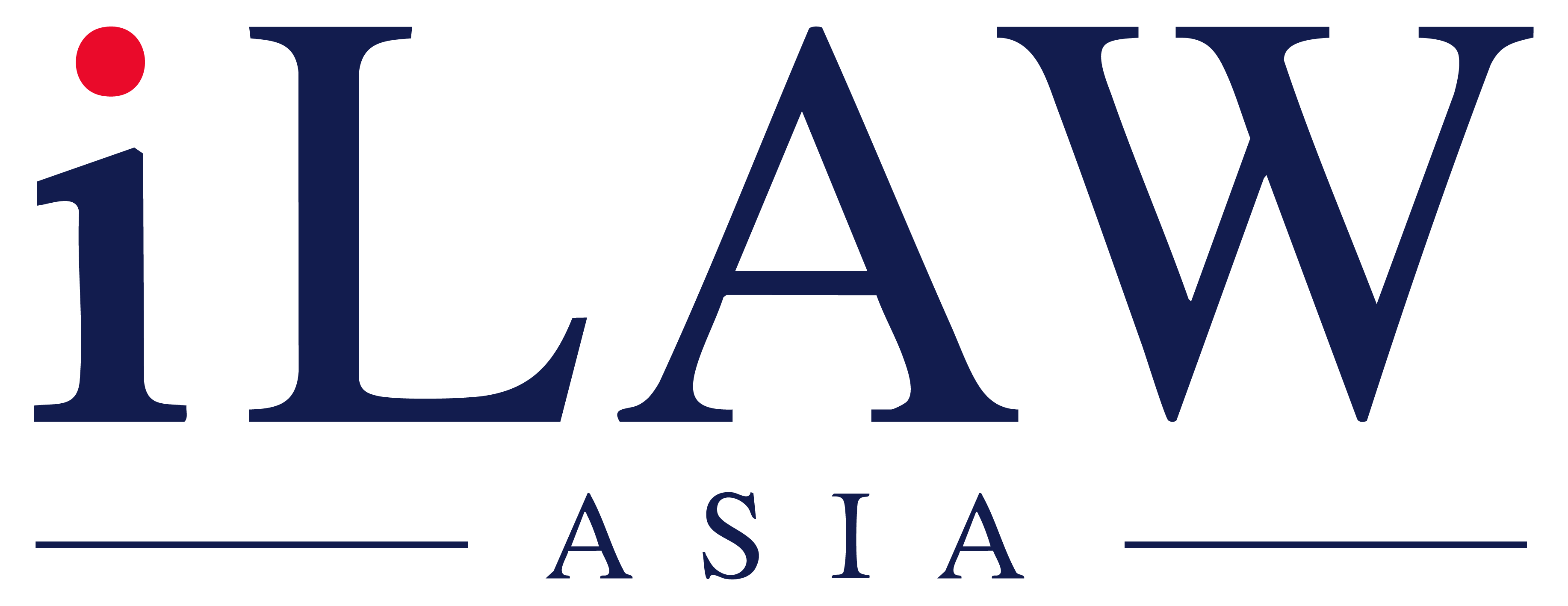Announcement on The Implementation of the Paperless Trademark Registration System.

Introduction
On September 25, 2025, the Department of Intellectual Property Rights (DIP) announced the “Implementation of the Paperless Trademark Registration System, No. 3210.”
The new digital platform means all trademark certificates and related documents will be issued electronically and no more physical paper, making the process faster and easier to access.
This procedure took effect on September 30, 2025. This topic will cover (I) Brief Overview of Paperless Meaning in this System of Trademark Registration (II) Identify Who Falls Under This Rule, (III) Significant Impacts in This Paperless Trademark Registration System, and (IV) The Exceptions that Some Documents still Require Physical Originals.
Key Updates
1. Brief Overview of Paperless Meaning in the Trademark Registration
“Paperless” means handling legal work digitally instead of on paper, and this new system applies that principle throughout the entire trademark process.
It covers everything from “Application Submission right through to the Issuance of Registration Certificates,” requiring electronic submission for all documents, with only a few specific exceptions. Consequently, physical (paper) filings are no longer accepted.
2. Identify Who Falls Under This Rule
The new rules apply broadly to anyone involved in Cambodian trademark matters, covering everyday members of the public who interact with the system, trademark owners managing their rights, and the legal professionals who represent them such as lawyers or agents, as well as all applicants.
In short, if you file, own, manage, or represent a trademark in Cambodia, these updated requirements are meant for you and are part of the shift to a more accessible, fully online process supported by official guidance and technical help.
3. Significant Impacts in This Paperless Trademark Registration System
- Fast Processing
Online processing reduces delays because it removes paper handling and in-person steps. Digital submissions eliminate courier transport and manual intake of paper forms, which typically add days to processing. They deliver documents instantly and keep everything on one platform, so reviews move faster with less back-and-forth.
- Cost Savings
Standardized online submissions lower mistakes and minimize rework, helping avoid extra handling costs. Therefore, less printing, copying, and document handling means lower spending on paper and supplies.
- Improved Accessibility, Better Transparency and Consistency
Applicant can submit and receive documents from anywhere through the Ministry’s online platform, without in-person visit required. Standardized digital documents and a single communication channel keep everything consistent and centralized, making records clearer and easier to retrieve.
- Exception: Specific Documents that Still Require Physical Originals
Most documents and processes are now digital, but some documents still need to be submitted as physical originals for the time-being, such as:
- Powers of Attorney (POA): A notarized original is required, though applicant can file a copy first and send the original within a set timeframe.
- Assignments or Recordals: Applicant still needs to provide the original, notarized assignment deed and related documents.
- Change Declarations: Original notarized declarations or other legal proof are still necessary.
Conclusion
Overall, moving to a fully paperless trademark registration system under the Implementation of the Paperless Trademark Registration System, No. 3210 established a clear step forward for modern, efficient, and accessible public services.
This change is meant to make the process simpler, cut down on paperwork, and improve the overall experience for applicants and legal agents. It also brings more consistent documentation, greater transparency, and easier access to records, improving overall service quality and reliability throughout the platform.
In sum, these changes reinforce the government’s long-term commitment to making trademark and intellectual property services both efficient and widely accessible. Therefore, the Department of Intellectual Property Rights (DIP) is encouraging everyone involved in trademark matters to get familiar with the new system and file future applications through the designated online platform.
ILAW CAMBODIA stands ready to guide investors, importers, and multinational businesses through this evolving regulatory landscape. With deep expertise in Cambodian trade, tax, and customs law—and backed by ILAW ASIA’s regional platform—we provide practical legal solutions, risk assessments, and hands-on support to ensure that our clients capture every available advantage while remaining fully compliant.
Whether you are entering Cambodia for the first time or expanding your cross-border operations, ILAW CAMBODIA is your trusted partner for navigating complexities and securing success.
Author
Related Practices
- IP














